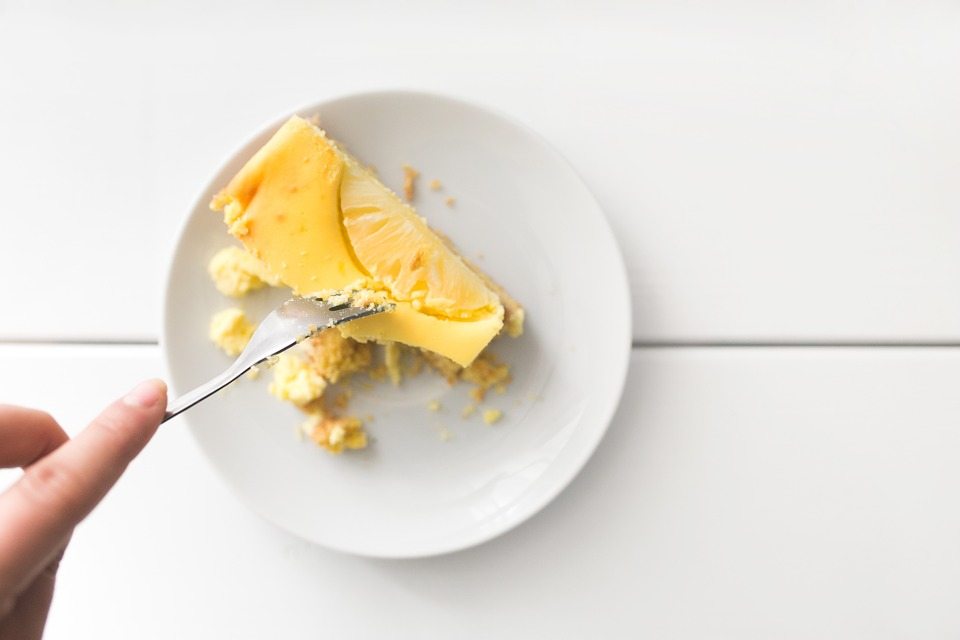What Should I Do After Not Fasting Because of Sport in School?
Shafi'i Fiqh
Answered by Shaykh Jamir Meah
Question: Assalamu alaykum
Last year the sport at school was running. And it was during Ramadan. On the 1st day, I tried to hold but I didn’t succeed, I felt unwell. So I drank water. I imagine it’s a valid justification. But the next week, we also had the same thing. But this time I have not waited for a discomfort, I did not fast this day. I do not know if it’s justified. I have it already catch up.
1) Do I have to pay a fidya?
2) Can we pay in cash or is it mandatory that it be food?
Ramadan became mandatory for me 2 years ago. I know I’ve caught up with my days but I don’t know if I did everything. So I decided to catch up, regardless of the days I caught before because I do not remember. So I am fasting 11 days.
Do I have to pay a fidya?
Answer: Wa’alaykum assalam. Jazakum Allah khayr for writing in. I pray you’re well. May Allah reward you for trying to make amends with your fasts.
Fasts that have been missed or broken, whether for a valid excuse or not, must be made up. If one did not fast or nullified the fast without a valid excuse, then an expiation must be offered as well (fidia).
Breaking fasts
In order to break one’s fast, one must have a valid reason, such as severe sickness, or where a dispensation is available, such as travel.
Generally speaking, physical education, sports competitions, exams, work etc. are not considered valid reasons to not fast in Ramadan. Neither is it valid to not fast all together due to such considerations, before a valid exemption presents itself. However, if one did perform the sports, exams, work etc. while fasting and as a result became very sick and fasting will increase the sickness, then this sickness could be considered a valid excuse, but the sickness must be significant, not mild.
In most cases, schools will permit students to be exempt from sports lessons due to fasting, and this options should be explored prior to Ramadan.
Valid reasons for not fasting are many and can be found in the books of fiqh. I recommend taking one of our Shafi’i fiqh courses or attending similar lessons locally.
Among the nullifiers of the fast are intentionally eating and drinking, even if the item eaten is extremely small, as well as intentionally swallowing food that was in between one’s teeth.
Certainty
One only has to make up those fasts one is sure that they broke their fast. If one is unsure, then the fast remains valid. However, one should perform extra days as make ups as a precautionary measure.
As such, you should calculate the days that you are certain that you did not fast or broke the fast without a valid excuse. Then, you should perform extra days make up / fidia out of precaution.
Fidia
As mentioned, if a fast is broken without a valid excuse, one must make up the fast and pay a fidia.
The Fidia expiation consists of one mudd of the main staple food of one’s area, such as rice, wheat, corn etc. This is a dry measure consisting of a medium handful, amounting to approximately 0.51 litres. Handful meaning two medium sized hands cupped together. The mudd(s) must be distributed to the poor and the needy.
If it is not possible to distribute the fidia locally, then a weaker opinion holds that it can be distributed abroad.
In our school, the fidia must be given as food. However, if this is not possible, there is no harm in following the Hanafi position which permits paying the monetary equivalent of the staple food.
It should also be noted that the reliable opinion in our school is that the fidia accumulates each year, so if one missed one day of fasting during Ramadan and did not make the expiation that year (before the next Ramadan), then they must pay 2 mudds for that same day in the second year, and so on. According to a valid second opinion within our school, the fidia does not accrue each year.
[Mughni al Muhtaj, Bushra al Karim]
I pray the above clarifies the issue for you insha’Allah.
Warmest salams,
[Shaykh] Jamir Meah
Shaykh Jamir Meah grew up in Hampstead, London. In 2007, he traveled to Tarim, Yemen, where he spent nine years studying the Islamic sciences on a one-to-one basis under the foremost scholars of the Ribaat, Tarim, with a main specialization and focus on Shafi’i fiqh. In early 2016, he moved to Amman, Jordan, where he continues advanced studies in a range of Islamic sciences, as well as teaching. Jamir is a qualified homeopath.
